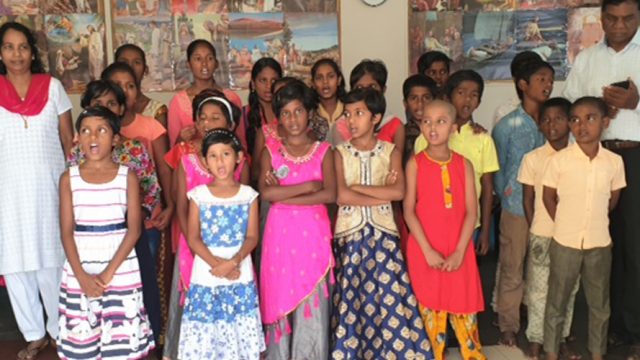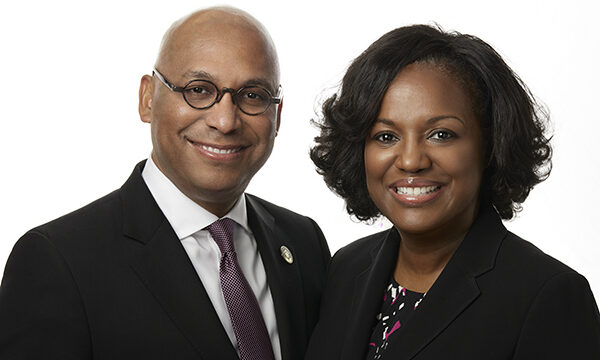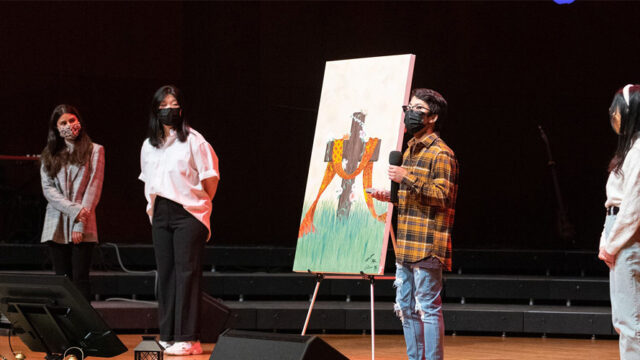ADRA Slovenia supports more than 1,200 people with a special initiative.
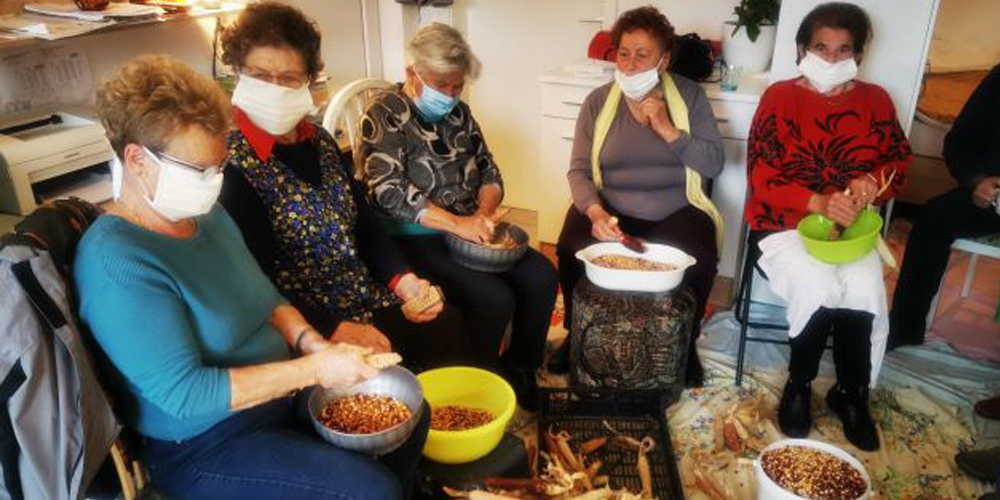
Since the beginning of the COVID-19 pandemic, the Adventist Development and Relief Agency (ADRA) in Slovenia has looked for ways to mitigate its impact on vulnerable populations.
ADRA leaders organized a variety of projects to provide immediate support. These initiatives included assisting health institutions and homes for the elderly, distributing care packages, and even providing computers to facilitate distance learning.
As the pandemic progressed, projects began to focus on providing psychosocial support. With this aim in mind, ADRA Slovenia, in partnership with the Trans-European Division (TED), the Slovenian Conference, and ADRA Netherlands, started running “Together at a Distance,” an eight-month project aimed at providing emotional support to isolated people.
This initiative helped individuals and communities to gain a greater sense of connectedness and safety during the COVID-19 crisis. Participants received psychosocial support, health and disease prevention information, children and youth support, and spiritual help.
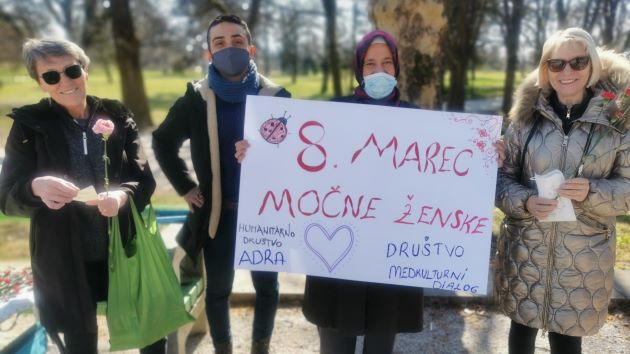
Beneficiaries had the opportunity to participate in 25 online workshops covering a variety of topics, from improving mental health to developing a thriving spiritual life. These talks were organized by ADRA Slovenia, with the support of local members and ministries. Among other initiatives, organizers implemented two special outreach drives, reaching 107 elderly people with care packages and more than 420 children with school supplies. Additionally, ADRA Slovenia shared 16 educational videos on YouTube to support families and children out of school during the pandemic.
In total, the initiatives reached more than 1,200 people, and their feedback was very positive. Rado, a 62-year-old man who attended workshops on computer literacy, parenting, and psychosocial support, said, “I attend online meetings on a regular basis. It can be very helpful to stay connected. COVID-19 has done a lot of damage at the mental health level, and much more should be done in the field of psychosocial support in the future as well.” Fatma, a member of the Women’s Club that prepared Slovenian and Turkish food for the community, said, “When I saw the happy faces of the women, I felt very good about myself. Other women in our Turkish community also said they hadn’t felt so useful in years.”
Katja Kotnik, ADRA Slovenia director, said that the project achieved all proposed aims and fostered new interventions. “The responses of the beneficiaries motivated us to design even more projects with related content in the future,” she said. “We wish to express our deepest gratitude to the TED, the Slovenian Conference, and ADRA Netherlands for supporting this project that reached more than a thousand individuals and their families.”
The original version of this story was posted on the Trans-European Division news site.


